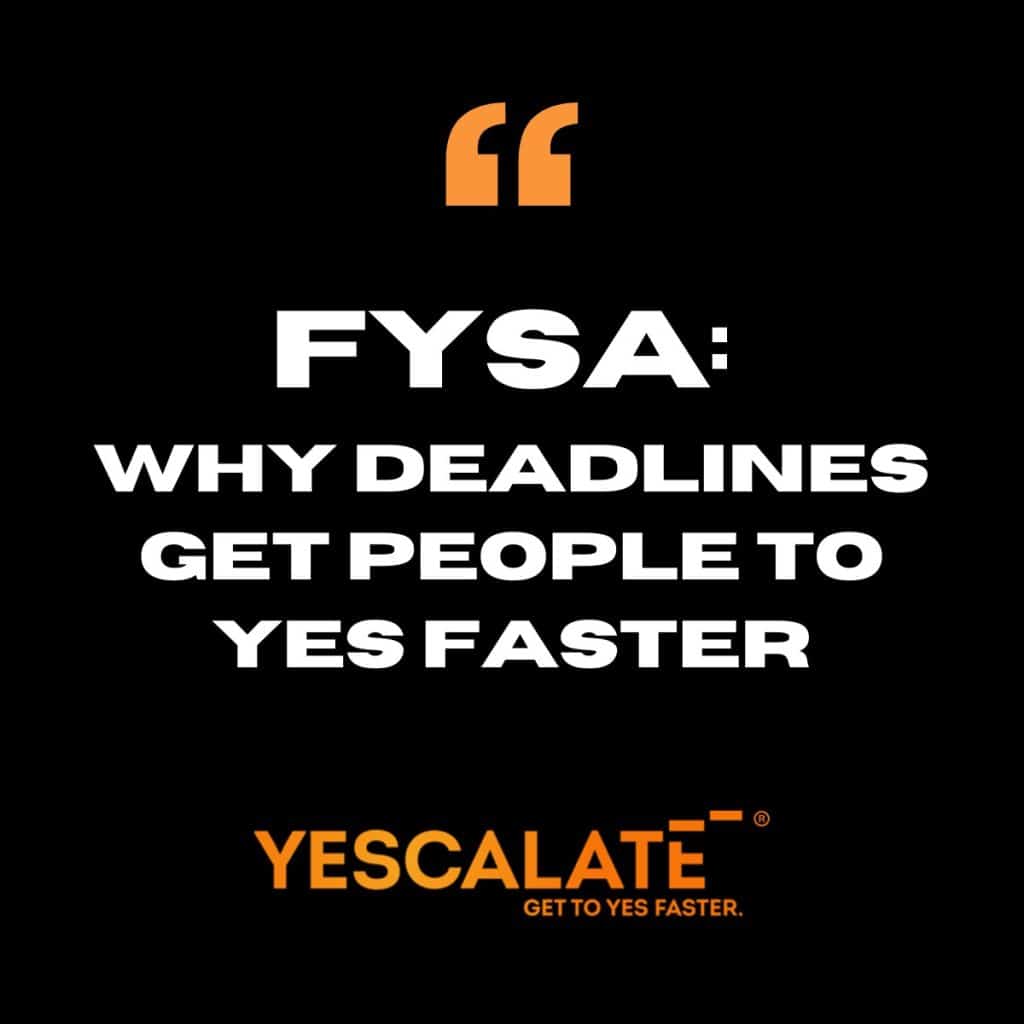This month, one of the YESENTIALS® I’m exploring with clients and Vistage Groups is the science around “Vulnerability.”
In this YESENTIALS® module—Vulnerability, one of the 26 Essentials of Yes—we dive into three science-backed strategies that act as shortcuts to trust, engagement, and psychological safety—for teams, for clients, and for ourselves.
From a brain science perspective, vulnerability is a two-sided coin: it can trigger survival chemicals like cortisol and adrenaline… but when someone opens up to us, it activates connection — through dopamine, oxytocin, and serotonin — the chemicals of trust, belonging, and cooperation.
Vulnerability doesn’t weaken us — it wires us for connection. It activates three powerful trust-building biases: liking, reciprocity, and authority (as documented by Dr Robert Cialdini in his seminal work INFLUENCE).
When we open up first, we invite others to join us — not just emotionally, but cognitively.
And here’s the beautiful shift:
Most people think in terms of objection handling — waiting for resistance and then trying to push through it.
But truly elite performers understand this: Connection eliminates objections.
Instead of handling resistance, they prevent it — by bringing up the real stuff before others do.
That’s not manipulation. That’s maturity. That’s how relationships are built. And that’s what leads to quiet confidence — the kind that comes from owning both our strengths and our struggles.
As Steve Magness writes in Do Hard Things:
“Real toughness resides in being humble and wise enough to acknowledge your strengths and weaknesses.”
And when our goals are engagement, learning, and leverage — the things that matter most in life and leadership — this is how we continue to be the light.
We shine a light on what really matters, in an honest and ethical way.
3 Ways to apply this learning in practice:
- Sharing a personal story
- Answering a question before it’s asked
- Admitting a mistake with confidence and clarity
As Daniel Coyle puts it in The Culture Code:
“We don’t need trust before we can be vulnerable. The opposite is true. In order to trust, we must first be vulnerable.”
Vulnerability is not weakness. It’s wisdom.
It’s how we create the space for real trust to grow — and give others the permission to do the same.



